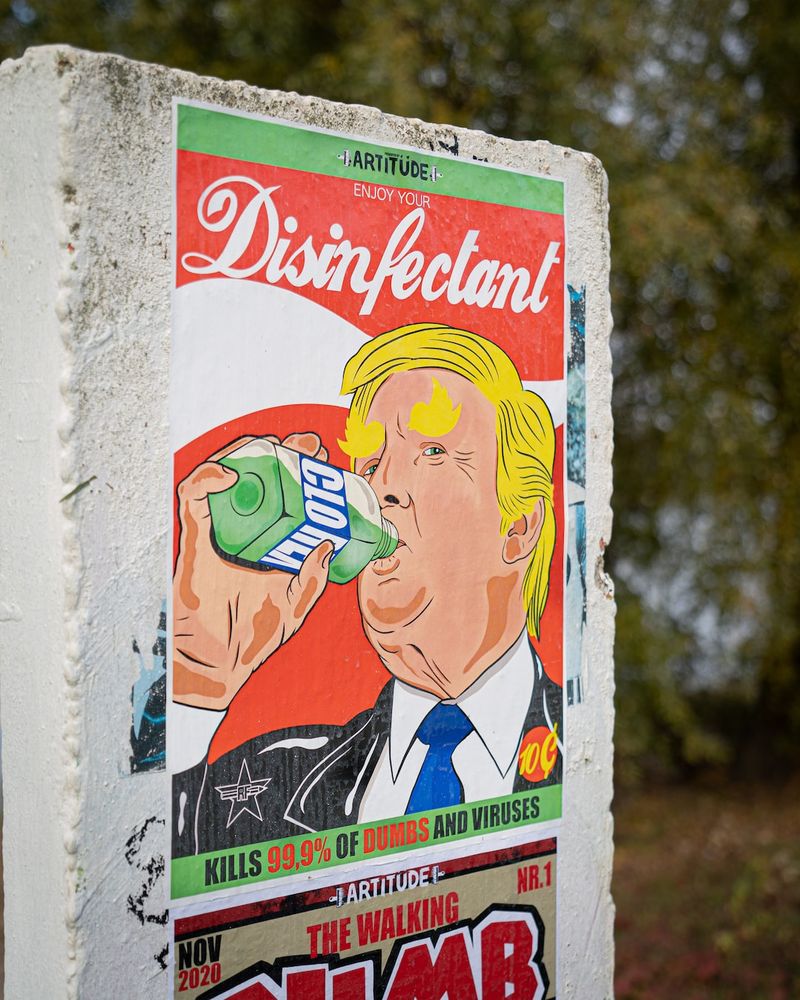Analysis: The Increasing Threat of the Wagner Group under Putin‘s Leadership
Introduction
Recently, Polish Prime Minister Mateusz Morawiecki expressed concerns about the growing threat posed by the Wagner Group, a Russian private military company, under the leadership of President Vladimir Putin. The comments came in the wake of speculations surrounding the death of Yevgeny Prigozhin, the alleged founder and financier of the Wagner Group. While Prigozhin’s death is yet to be confirmed, Polish authorities believe that control of the group will likely fall into Putin‘s hands, which raises concerns about the escalation of its activities. This report explores the implications of the Wagner Group’s potential expansion under Putin‘s leadership, drawing attention to the underlying philosophical and geopolitical questions at stake.
Rhetorical Question on the Threat
Prime Minister Morawiecki posed a rhetorical question, asking whether the threat posed by the Wagner Group would be bigger or smaller under Putin‘s leadership. The question invites us to ponder the change in dynamics that may occur if Putin assumes control of the group. It implies that under Putin‘s leadership, the Wagner Group may become a stronger, potentially more dangerous force. However, it is crucial to consider the nature and objectives of the Wagner Group to fully understand the implications of such a scenario.
The Wagner Group: A Hybrid Force
The Wagner Group operates as a private military company, providing armed personnel for various engagements around the world. It is widely believed that the group has close ties to the Russian government and is often used as a tool for pursuing Russia’s strategic objectives. The Wagner Group’s activities have been observed in conflicts such as Ukraine, Syria, and Libya, where its fighters have supported Russian interests.
Philosophical Questions on Proxy Warfare
To comprehend the potential threat of the Wagner Group under Putin‘s leadership, it is necessary to delve into the broader philosophical questions surrounding proxy warfare. Proxy warfare involves the use of non-state actors, such as private military companies, to advance a state’s interests in conflicts. It allows states to maintain plausible deniability while exerting influence on the ground. This raises ethical concerns, as conflicts become increasingly decentralized, complex, and difficult to hold traditional state actors accountable.
The Impact of Putin‘s Leadership
If Putin assumes control of the Wagner Group, it would consolidate his power and potentially enhance Russia’s ability to project influence globally. Through the Wagner Group, Putin could exert greater control over conflicts, furthering Russia’s strategic objectives without overtly committing conventional forces. This power consolidation raises concerns for neighboring countries, such as Poland, which may find themselves directly affected by the group’s actions.
Editorial: Confronting the Wagner Group’s Escalating Threat
An International Response
The rising threat of the Wagner Group necessitates a cohesive international response. It is essential for countries to work together to monitor the group’s activities, share intelligence, and implement measures to counter its influence. Strengthening diplomatic ties and cooperation among affected nations can help create a united front against the expansion of proxy warfare.
The Need for Transparency
To effectively address the threat, there must also be a push for transparency and accountability. Russia should be pressured to disclose its involvement and control over the Wagner Group. This would help mitigate the potential dangers associated with the group’s actions and provide a platform for international dialogue and negotiation.
Regulating Private Military Companies
The international community should also consider the regulation of private military companies like the Wagner Group. Given their capacity to shape conflicts without clear lines of accountability, guidelines and regulations are necessary to prevent abuses and ensure adherence to international law. Such regulations should include mechanisms for oversight, reporting, and accountability, as well as consequences for violations of human rights and humanitarian norms.
Advice: Strengthening National Security Measures
Border Security
In response to the perceived threat of the Wagner Group, Poland strengthened its border with Belarus. This precautionary measure signifies the importance of bolstering national security measures in the face of potential security risks. Countries neighboring conflict zones or areas of proxy warfare should invest in effective border control strategies, intelligence sharing, and cooperation to ensure the safety of their citizens.
Investing in Intelligence
National intelligence agencies must prioritize monitoring the activities of private military companies like the Wagner Group. By gathering intelligence on these groups and their potential alliances, countries can stay well-informed and proactively respond to emerging threats. Collaborative intelligence sharing among affected nations can significantly enhance the capacity to counter the Wagner Group’s activities.
Supporting Resilient Alliances
Building resilient alliances and partnerships is essential in mitigating the impact of proxy warfare. Countries facing common challenges should actively engage in strategic collaborations, such as joint military exercises and intelligence sharing agreements. By building robust alliances, nations can collectively strengthen their defense capabilities and deter potential aggression.
Conclusion
The potential expansion of the Wagner Group under Putin‘s leadership has raised significant concerns regarding the global threat landscape. As private military companies play an increasingly pivotal role in conflicts, it is vital for the international community to address this evolving challenge. A united response that emphasizes transparency, regulation, and cooperation can help mitigate the risks associated with the Wagner Group and similar organizations, ensuring a more stable and secure world.

<< photo by Mika Baumeister >>
The image is for illustrative purposes only and does not depict the actual situation.
You might want to read !
- Determining the Causes: Unraveling the Mystery Behind the Fatal Plane Crash
- Jets WR Corey Davis “stepping away” from NFL: A New Chapter Begins
- The Shadowy Links of Yevgeny Prigozhin: A Connection to the Plane Passenger List
- Russian Officials Implicate Prigozhin as Wagner Boss in Passenger List Revelation
- Triumph of Tension: Unveiling Trump’s Confrontational Online Interview with Tucker Carlson
- Breaking Down the Mugshots: Analyzing the 9 Co-Defendants in Trump Georgia Election Interference Scheme
- The Trials of Love: Halle Berry and Olivier Martinez’s Divorce Saga
- The Silent Alliance: Tucker Carlson and Donald Trump’s Strategic Silence
- “Behind the Scenes Powerplay: Unraveling Russia’s Investigation into Wagner Chief Yevgeny Prigozhin”
- The Secrets Unveiled: Decoding Today’s Wordle puzzle #796
- The Rise of Gun Violence: Tragedy Strikes at Cook’s Corner Bar




